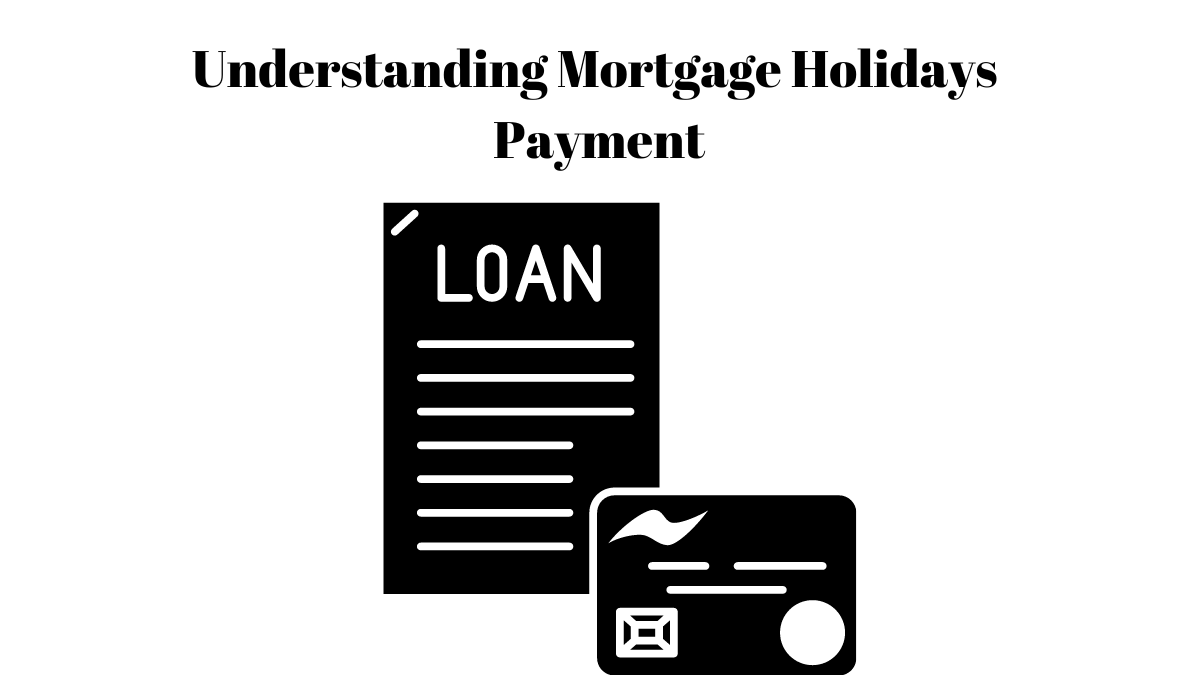Are you considering a break from your mortgage payments? You might be thinking about a mortgage holiday. Let us talk about what it is, how it works, and what you should consider before applying for one.
Contents
- What is a Mortgage Holiday?
- Who Can Qualify?
- How to Apply
- Pros and Cons
- If you are in arrears or struggling to pay your mortgage
- Things to Remember
- Conclusion
- Some Questions
- What is a mortgage payment holiday?
- Who qualifies for a mortgage payment holiday?
- Can I take a mortgage holiday if I’m in arrears?
- Read More:
What is a Mortgage Holiday?
A mortgage holiday is a break from your regular mortgage payments. It is an agreement with your lender that allows you to temporarily stop or reduce your monthly payments. It also depends on your circumstances and your payment history, you might be able to take a break for up to 12 months.
Who Can Qualify?
To qualify for a mortgage holiday, you will need to meet certain conditions set by your lender. These often include having a history of overpaying on your mortgage, meaning you have paid more than the required monthly payments.
However, your lender might still consider your application if you are facing temporary financial difficulties, like a job loss or maternity leave.
How to Apply
Applying for a mortgage holiday involves contacting your lender and discussing your situation. They will review your payment history, your mortgage contract, and your current financial circumstances to decide if you can take a payment holiday.
Pros and Cons
Pros:
- Relief: The biggest benefit is immediate financial relief. If you are facing a short-term drop in income, a mortgage holiday can ease your financial burden for a while.
Cons:
- Interest Accumulation: Even though you are not making payments, interest on your mortgage continues to accumulate. This means your outstanding balance and future payments could be higher after the holiday ends.
- Credit Impact: Taking a mortgage holiday could affect your credit score, which might impact your ability to borrow in the future.
If you are in arrears or struggling to pay your mortgage
If you find yourself in arrears or struggling to make your mortgage payments, it is important to take action quickly to address the situation. Here are some steps you can consider:
- Contact Your Lender: Reach out to your mortgage provider as soon as possible to discuss your circumstances. They may offer options to help you get back on track.
- Review Your Budget: Take a close look at your finances and see where you can cut costs or increase income to manage your payments better.
- Seek Professional Advice: Consider getting advice from a debt counselling service or financial advisor. They can help you understand your options and create a plan to manage your debts.
- Explore Payment Options: Your lender might suggest switching to an interest-only mortgage or restructuring your payments to make them more manageable in the short term.
- Legal Support: If you are at risk of losing your home, free legal support may be available to advise you on issues like repossession and other housing-related concerns.
Things to Remember
- Not a Long-Term Solution: If your income has permanently decreased, a mortgage holiday might not be the best option. It is a short-term fix for temporary financial hiccups.
- Interest Rates Matter: The amount of interest that accumulates during your holiday will depend on your mortgage’s interest rate. So, it is important to consider this when thinking about a payment holiday.
Conclusion
A mortgage holiday can be a helpful tool if you are in need of a temporary break from your mortgage payments. But it is important to understand the implications, including the potential for increased payments and the impact on your credit score.
Always talk to your lender and consider your options carefully before deciding.
Some Questions
What is a mortgage payment holiday?
It is an agreement with your lender that allows you to temporarily stop or reduce your monthly mortgage repayments.
Who qualifies for a mortgage payment holiday?
Eligibility depends on your lender, your mortgage contract, and your financial circumstances. Often, you need to have overpaid on your mortgage to qualify.
Can I take a mortgage holiday if I’m in arrears?
No, if you are in mortgage arrears, you would not qualify for a payment holiday. However, contact your lender as they may help you with an arrangement.
Read More:
- Tax and Tax Credits: Ask HMRC Online Help
- When is the Next Cost of Living Payment for Tax Credit Claimants?
- Understanding Inheritance Tax Scotland: A Simple Guide
- Small Pension Pots Loophole: The Basics of Trivial Commutation
- BR Tax Code: A Complete Guide
- A Hidden Gem in Your Paycheck: The 1263L Tax Code
- Is Accounts Receivable An Asset?

I am a dedicated lifestyle and fashion enthusiast, always looking for the latest trends and timeless styles. With a flair for creativity and a passion for self-expression, I provide fresh insights and tips on elevating everyday living and personal style.
















